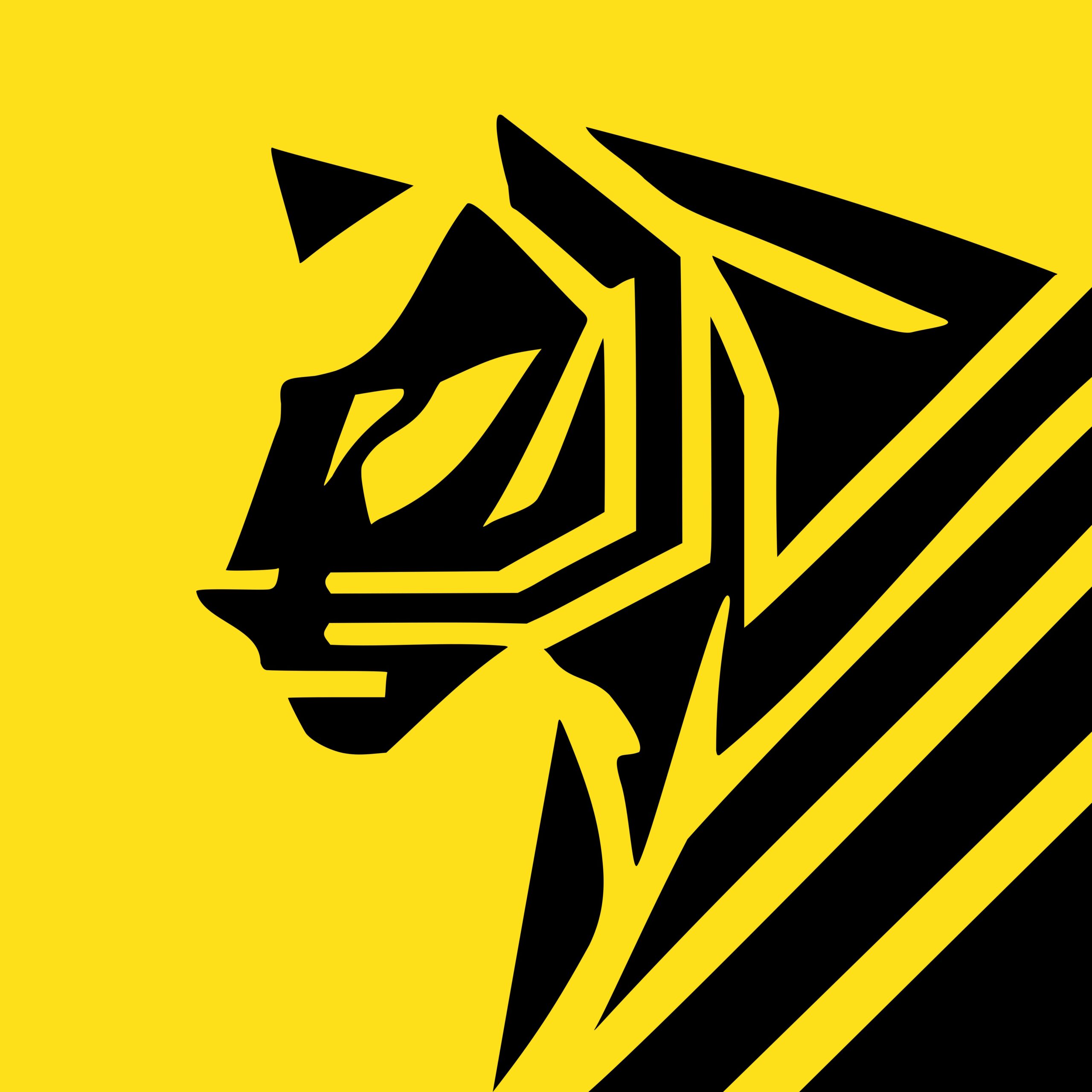In our last post, we explored what a blockchain is and discovered it’s not as complex as some might make it seem. (For a refresher, check out: Follow the Lion)
At Coin Afriq, a pioneering company in Africa’s blockchain and crypto space, we believe in making technology and financial control accessible to everyone. We want to be transparent and clear, so you can make informed decisions.
So, grab your Amarula or a gin and tonic, and let’s take a little safari with nGala through the wild savannah of the cryptoworld. Twende! (That means “let’s go” in Swahili!)
FAQs About Crypto
What is cryptocurrency, and how is it different from traditional money?
In its simplest form, a cryptocurrency is a digital number representing a value. Think of it just like the number in your bank account that tells you how many South African Rand (ZAR) you have. Bitcoin, Ether, and others are just different types of digital money, much like you have the US Dollar (USD) or the Japanese Yen (JPY). The key difference is that cryptocurrencies aren’t controlled by a central bank or government.
What does cryptocurrency have to do with blockchains?
If you can imagine a cryptocurrency as a car, the blockchain is its engine. It’s the technology that makes the car run. A blockchain is a public, digital ledger—like a super-secure accounting book—that records every transaction. It’s not controlled by a single person or company; instead, a copy is distributed to everyone on the network.
This public ledger allows people to verify timestamps, amounts, and all transaction details. Without the blockchain, a cryptocurrency would just be a number on a computer screen with no way to securely track or verify its movement.
The technology behind this is called cryptography, which comes from the Greek words “kryptos” (secret) and “graphein” (to write). It’s just a fancy term for writing in code. This process makes sure that sensitive information is unreadable without the proper key, ensuring your financial details are kept private and secure.
Isn’t cryptocurrency a scam?
Not at all. This misconception often comes from the rise of “memecoins” and get-rich-quick schemes, which are designed to capitalize on trends rather than provide real value.
Established cryptocurrencies like Bitcoin and Ether, and stablecoins (which are backed by real-world assets like a currency or gold), are very safe and secure. They operate on open markets, and their value is determined by supply and demand, just like traditional currencies. There’s no multi-level marketing or hidden tricks.
What about concerns like money laundering?
At Coin Afriq, we have a robust KYC (Know Your Customer) and AML (Anti-Money Laundering) system in place. We’ve partnered with leading providers to ensure we are fully compliant with directives from the Financial Intelligence Centre (FIC) Act in South Africa.
Before anyone can trade on our platform, they must verify their identity, proof of address, and financial information. This ensures all transactions are transparent and that funds aren’t used for unethical purposes.
How safe is cryptocurrency?
We take security extremely seriously. We use multiple layers of protection, including strong passwords, cryptographic keys, OTPs (One-Time Passwords), and multi-factor authentication, including biometrics if your device supports it.
Just like with physical cash, there is a risk if you leave your wallet lying around or if you give out your account details. That’s why we’re committed to not only training our own staff on security procedures but also educating our users on the best practices for keeping their funds safe.
Why aren’t more people using crypto?
That’s a question we ask ourselves, too! The main reason is a lack of education. The internet is full of misinformation, and many experts struggle to explain these concepts in a way that’s easy for everyone to understand. Our goal is to change that.
I’ve heard of “token utility.” What’s that?
Cryptocurrencies (also called tokens) can do more than just act as money. Since Ethereum’s launch, most new tokens must have a purpose—or utility—beyond just being a currency.
At Coin Afriq, our token can be used as cash, but it can also power applications, manage logistics, and work with financial institutions. People who “stake” their tokens (which means they help verify transactions) are rewarded with a small share of new tokens. You can learn more about the many uses of blockchain and crypto in our article here: Beyond the Coin
Is there a security incentive for users?
Yes! Our Nominated Proof of Stake verification system is a fair, democratic, and decentralized way of keeping our network secure. We have dedicated “whistleblowers” who monitor the blockchain for any malicious or unethical activity. People who engage in malpractice can lose their tokens or be banned entirely, not to mention face consequences from relevant government bodies.
Conclusion
We hope this little safari through the crypto savannah has cleared up some of the mystery. The world of digital finance can seem daunting, but it’s built on simple, powerful ideas. We’re committed to being your trusted guide, offering the security, education, and tools you need. Come join the pride at Coin Afriq and see how easy it is to take control of your financial future.
